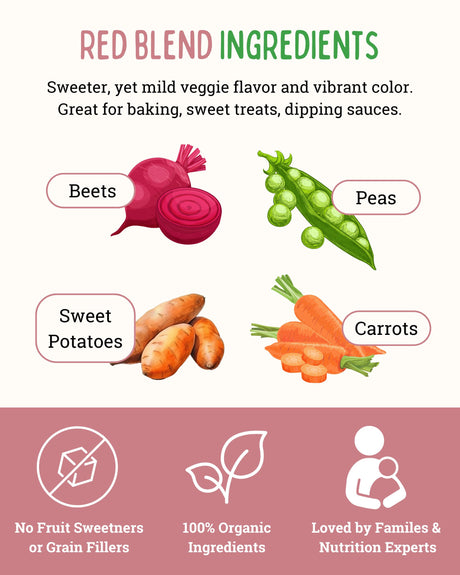The Battle at the Dinner Table
Ah, the dinner table battle with a five-year-old. If you've been wondering why your child suddenly turns their nose up at foods they used to love, you're not alone. But is this normal behavior? Let's dive into the world of picky eaters and understand what's going on.
The Age of Independence
Why 5-Year-Olds Become Picky Eaters
Five is a fascinating age. Children begin to assert their independence, discovering their likes and dislikes. Unfortunately, this newfound independence can manifest itself as pickiness at the dinner table. They may suddenly reject familiar foods or demand the same meal every day.
The Role of Sensory Sensitivity
Some children at this age might be more sensitive to tastes, textures, and smells. What seems like a normal broccoli floret to you might taste unbearably bitter to them. Understanding their sensory experience can provide insight into their picky eating habits.
Strategies to Encourage Varied Eating
Offer Choices
Involve your child in meal planning by offering choices within acceptable options. Would they prefer carrots or peas tonight? Giving them a say can foster a sense of control and cooperation.
Make Food Fun
Who says food has to be boring? Engage your child's imagination with creative presentations. Think of veggie faces on pizzas or colorful fruit kabobs.
Be Patient and Consistent
This phase is often temporary, and patience is key. Continue offering various foods without pressuring them to eat. Sometimes, it takes multiple exposures to accept a new food.
When to Seek Professional Help
While pickiness is often normal, extreme cases might indicate underlying issues. If your child's eating habits are causing weight loss or nutritional deficiencies, it may be time to seek professional advice from a healthcare provider or nutritionist.
Embrace the Phase
Picky eating is a common phase for many 5-year-olds. By understanding their developmental stage and sensory needs, you can adopt strategies to encourage varied eating. Most importantly, keep mealtime a pleasant experience and know that, like many childhood phases, this too shall pass.
Next Steps
Are you dealing with a picky eater at home? Share your experiences and strategies with other parents in our Facebook Group page. Let's support each other on this delicious journey of parenthood! 🥦🧡🍽️













